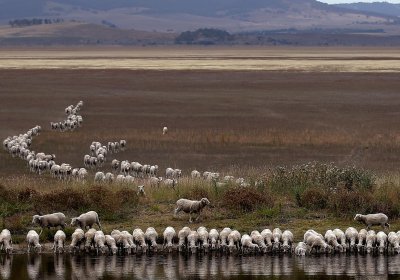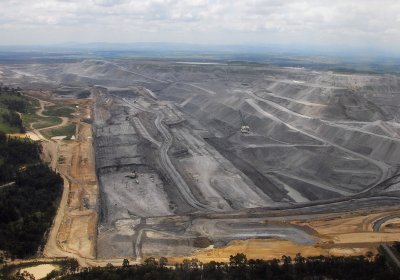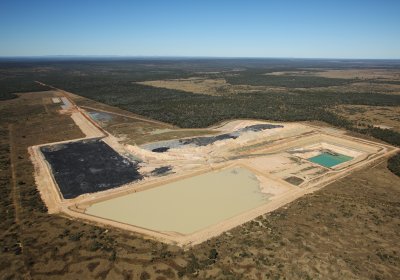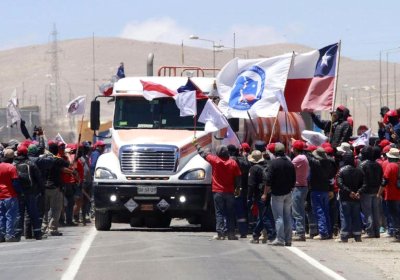Say what you will about the members of the Coalition government, but they have principles and they stick to them. In particular, the principle of working to destroy this godforsaken Hellhole of a planet as rapidly as humanly possible.
And so when, amid a growing campaign against Adani’s proposed Carmichael coalmine in Queensland, Westpac ruled out funding the mega-mine project, federal resources minister Matt Canavan did not hold back.











